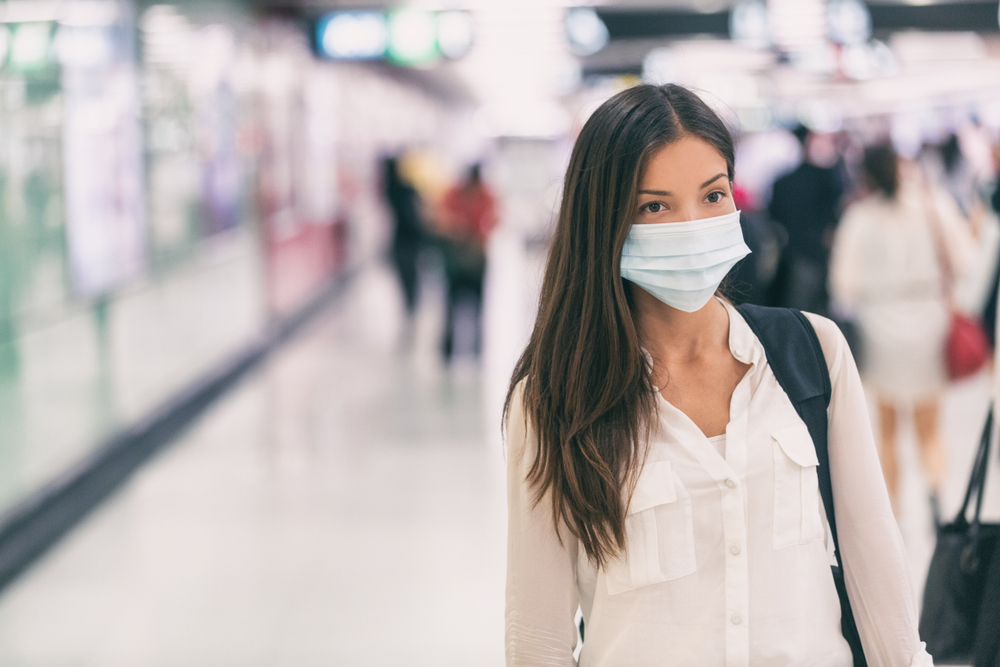Published Jun 12, 2022 in wellandgood.com
Author by Jessica Estrada
Once the calendar flips from winter to spring, talk (or rather complaining about) allergy season begins. Symptoms like sneezing, runny nose, itchiness, and watery eyes commence, and well, it sucks. And not to be the bearer of bad news, but if you’re looking to the end of allergy season as your light at the end of the tunnel, that may not be the case. One misconception about allergy season is that there is only one allergy season. According to allergists, this isn’t exactly true. Year-round allergies are becoming increasingly common.
Ahead, Neeta Ogden, MD, a double board-certified allergist, and ZYRTEC® spokesperson, explains why there’s no such thing as allergy season and gives tips on dealing with year-round allergies.
Why there is no such thing as “allergy season”
Backing up for a sec, what are seasonal allergies, really? “Seasonal allergies are allergies caused by seasonal plant pollens or mold spores that circulate in the air in high quantities during certain seasons like spring, summer, and fall,” Dr. Ogden says. “The exact culprit of allergens has to do with the seasons in which plants bloom and release allergenic pollen particles or which ones create optimal environments for mold and other allergen growth.”
However, Dr. Ogden notes that due to climate change, allergy seasons start earlier and last longer, making their way from one season to the next without missing a beat resulting in—you guessed it—year-round allergies.
So while typically, people would experience allergies during the spring, summer, and fall seasons, those symptoms can stretch into winter. “Many allergy sufferers continue to experience symptoms due to indoor allergens that tend to peak in the winter as we spend more time indoors around dust mites, mold, and animal dander,” Dr. Ogden says. “This can create a lack of seasonality and just the year-round allergy experience.”
Allergies also depend on location
Seasons aren’t the only thing that can trigger allergies. Allergies can also vary by where you’re located. For instance, Dr. Ogden says someone living in a dry area without humidity may not have allergies but may have them for the first time if they move to an area that is densely populated with trees, grass, and other pollens and experiences regular seasons.
Dr. Ogden says people with allergies may also feel their breathing is affected more severely when they’re in areas with intense humidity. “Additionally, people may not realize that places with poor air quality can cause worse allergy symptoms,” she adds. “Smog and air pollution, which are more typical of urban areas, will impact allergy sufferers’ breathing.”
So, the bottom line, there is no such thing as one allergy season. Allergies can occur year-round and depend on the location and the person’s individual type of allergy and symptoms.
How to deal with allergies, no matter the season
Visit an allergy specialist
According to Dr. Ogden, one of the biggest misconceptions about allergies is that they’re no big deal and will pass in a few days. “More than ever before, seasonal allergies can be severe and last for weeks and months,” she says, and they can include atypical allergy symptoms too, such as headache, fatigue, and brain fog. “This can hugely impact quality of life, work, and school life.”
If you have persistent symptoms, this is a sign you may be developing year-round allergies, in which case, Dr. Ogden recommends scheduling an appointment with an specialist as soon as possible. “Early identification and treatment are the best form of dealing with year-round allergy because it will help you to minimize exposure and symptoms,” Dr. Ogden says. “Additionally, under-treated allergies can lead to more severe medical conditions like acute and chronic sinusitis, bronchitis, asthma exacerbations, and ocular conjunctivitis [otherwise known as pink eye].”
Keep allergy medicine handy
For those days when symptoms act up, Dr. Ogden says it’s best practices to have your medicine cabinet already stocked with what you need depending on your symptoms. She advises checking with your healthcare provider, who can provide the best guidance about what medicine will work for you before heading to your local pharmacy.
Maintain allergy-friendly rituals
Beyond visiting an allergy specialist and keeping medicine on hand, you can do many day-to-day things to prevent and deal with year-round allergies. One pro tip Dr. Ogden shares is to download an app that tracks pollen count and air quality index in your local area (or where you’re traveling to). This way, you’ll know when the counts are high and avoid spending too much time outside and taking medication if needed.
For your home, Dr. Ogden suggests investing in a HEPA-certified air purifier to clear your space of any allergens, especially in your bedroom. And because shoes can track pollen, she advises removing them before walking inside your home, wiping them down, and storing them somewhere other than your bedroom. Finally, as a nightly ritual during high seasons, Dr. Ogden recommends showering and washing your hair before bed and wiping down your eye lids and lashes with a saline rinse to reduce exposure to allergens.
These are all steps you can take anytime of year to help soothe and mitigate seasonal-allergy symptoms that never seem to end.




